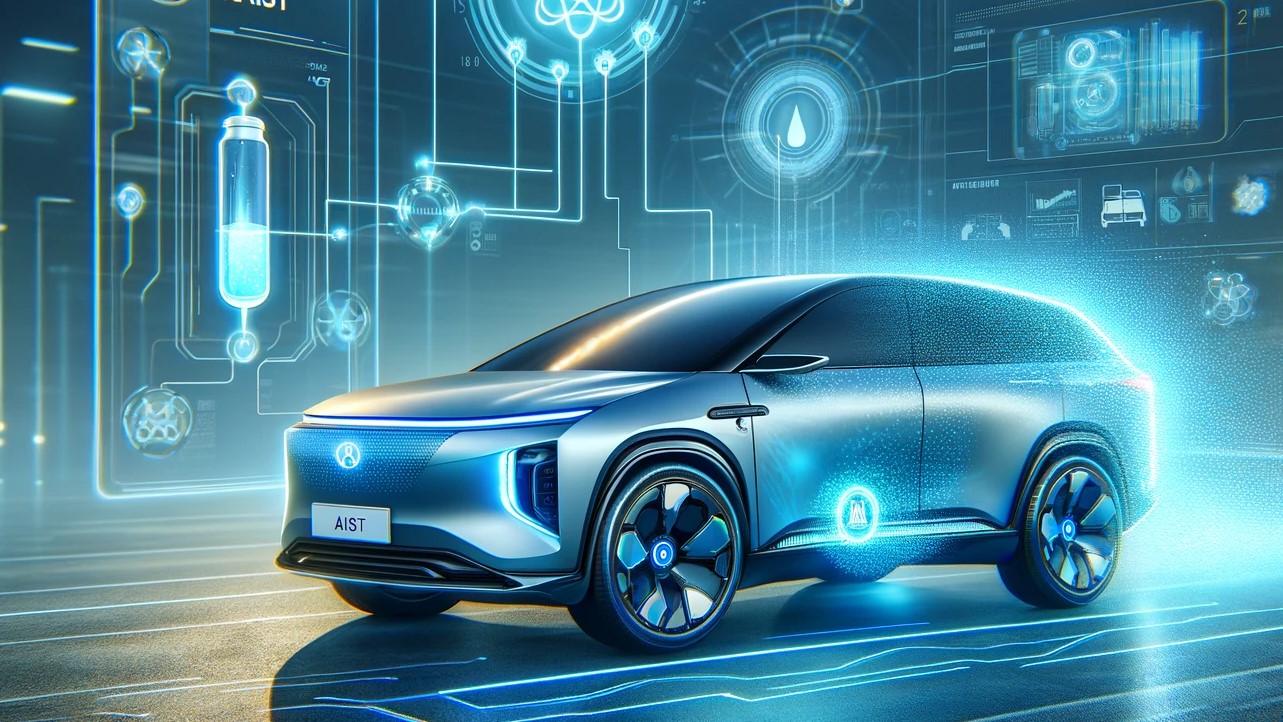Subheading: Pioneering Detection System Enhances Hydrogen Safety
In a landmark development for the sustainable energy sector, the Korea Advanced Institute of Science and Technology (KAIST) in collaboration with Hyundai Motor Company, has unveiled a revolutionary hydrogen leak detection technology. This innovation marks a significant stride forward in the quest for safe and efficient hydrogen energy use, promising to elevate safety protocols to new heights.
Innovative Technology for a Sustainable Future
Hydrogen, often touted as the fuel of the future due to its high energy content and zero-emission profile, faces a significant hurdle in the form of safety concerns. Hydrogen is highly flammable, and its colorless, odorless nature makes leaks difficult to detect. The breakthrough technology developed by KAIST and Hyundai addresses this challenge head-on.
The new detection system is capable of identifying hydrogen leaks ultrafast, a crucial feature in preventing potential hazards. Traditional methods of leak detection often rely on physical sensors that react to the presence of hydrogen. However, these can be slow to respond and may not be effective in all situations. The KAIST-Hyundai system, on the other hand, employs advanced sensor technology combined with real-time data analysis to detect leaks almost instantaneously.
Implications for the Hydrogen Energy Industry
This advancement is a game-changer for the hydrogen energy industry. The ability to quickly and accurately detect hydrogen leaks is key to ensuring the safety of hydrogen-powered vehicles, fueling stations, and storage facilities. With the growing emphasis on transitioning to eco-friendly energy sources, hydrogen is poised to play a pivotal role. However, public and industrial confidence in hydrogen technology hinges largely on safety assurances. The KAIST-Hyundai detection system is a critical step in building this confidence.
Collaboration Driving Innovation
The collaboration between a leading academic institution and a major automobile manufacturer underscores the importance of interdisciplinary efforts in tackling complex challenges. KAIST’s expertise in science and technology combined with Hyundai’s experience in automotive engineering and hydrogen fuel cell technology has created a synergy that propelled this innovation.
Looking Ahead
As we move forward, the focus will undoubtedly shift to implementing this technology across various sectors where hydrogen energy is utilized. From powering vehicles to heating homes, the potential applications are vast. The development also paves the way for further research and innovation in hydrogen safety technology, which will be crucial in realizing the full potential of hydrogen as a sustainable energy source.
The ultrafast hydrogen leak detection technology developed by KAIST and Hyundai is more than just an advancement in safety protocols; it’s a testament to the potential of collaborative innovation in addressing the challenges of sustainable energy. As the world increasingly turns to eco-friendly energy solutions, such developments are not just welcome but essential.




